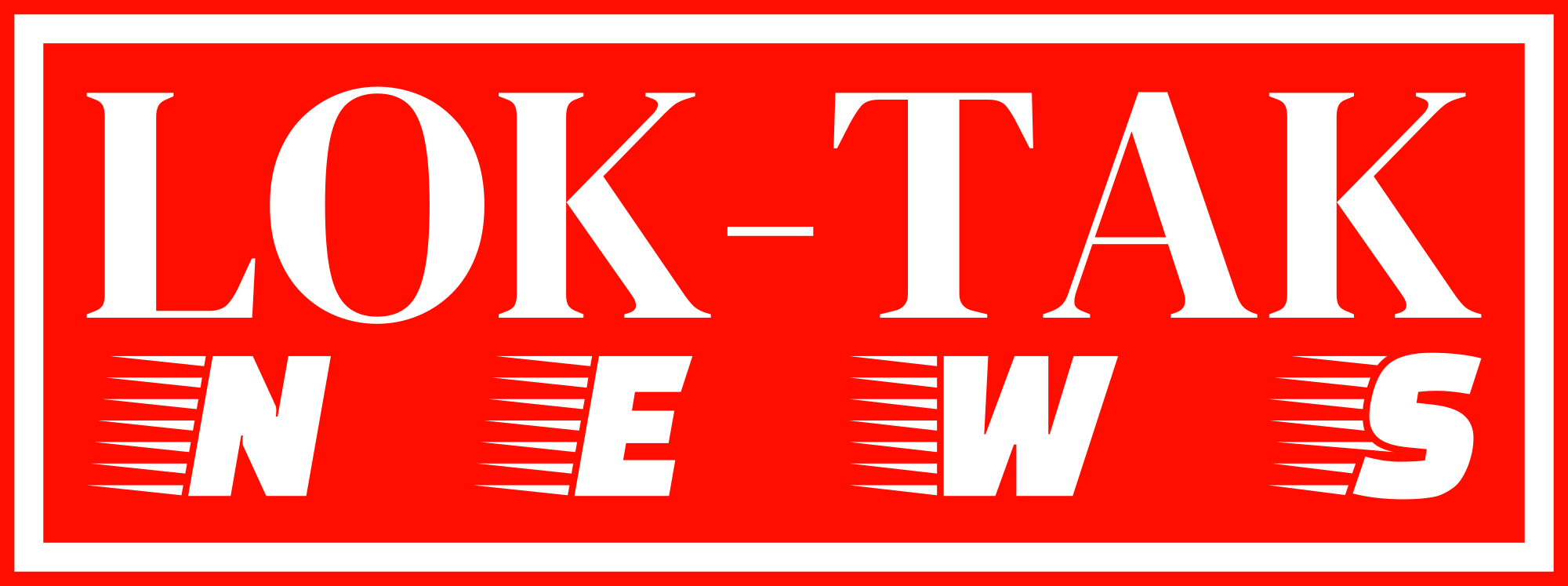King Charles will be crowned at Westminster Abbey on May 6.
King Charles will be crowned at Westminster Abbey in a ceremony full of pomp, pageantry and solemn religious significance on Saturday, May 6, after he became monarch of the United Kingdom and 14 other realms on the death of his mother, Queen Elizabeth, in September. Countrywide celebrations, including parades, will be organised over the coronation weekend during which the 74-year-old monarch will officially be crowned in a grand ceremony, which is being held after 70 long years.
Organisers of the event said that people watching the Coronation will be invited to join a “chorus of millions” to swear allegiance to the King and his heirs. People around the UK and abroad will be invited to say the words “I swear that I will pay true allegiance to your majesty, and to your heirs and successors according to law. So help me God.”
However, the British Indians have a different viewpoint towards the same. “I think the mood in Britain is quite mixed. Since the Queen passed away, there was a mixed reaction towards the monarchy. Personally, I think they do a good job uniting the country. People can be divided by different political views but they can bring them together,” said a user.
“I don’t think I will be taking the pledge. My reason includes the line of succession. I may sign it for today, but not in the future,” she continued.
Another person, Priya, who met the Queen as a student at the University of Bristol, said, that the pledge is optional and not a command. “We are in a democratic country where we have the choice to exercise. This also comes from a feudal mindset where historically where House of Lords and Royals would give their pledge to the monarch. While now, it is being given to the people of the nation. While it has also received a lot of criticism, it can also be seen as inclusive.”
Pranav, who met King Charles recently, stated that the two days of the coronation will unite the country. He added that he will also take the pledge. “There is a lot that monarchy does and that is very supportive, But there is a lot that they have to do. The popularity of monarchy is at an all-time low between the age group of 18 to 25. Active and proactive steps need to be taken so that they can remain relevant.”


